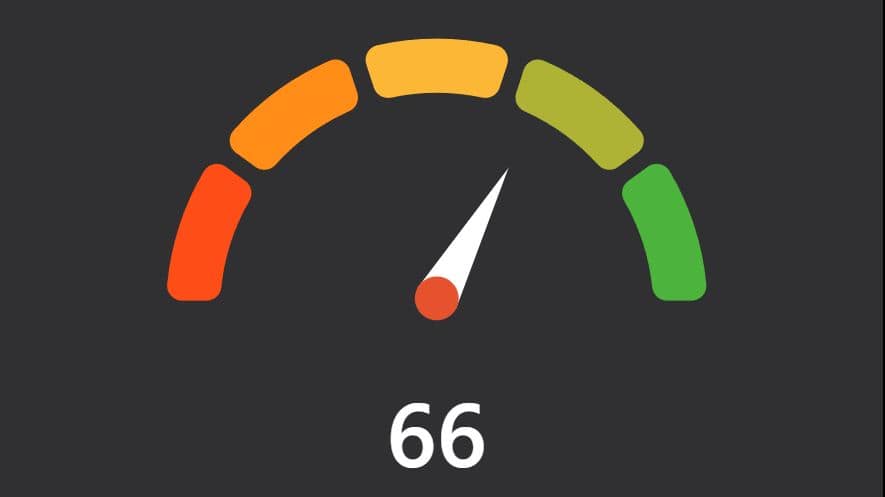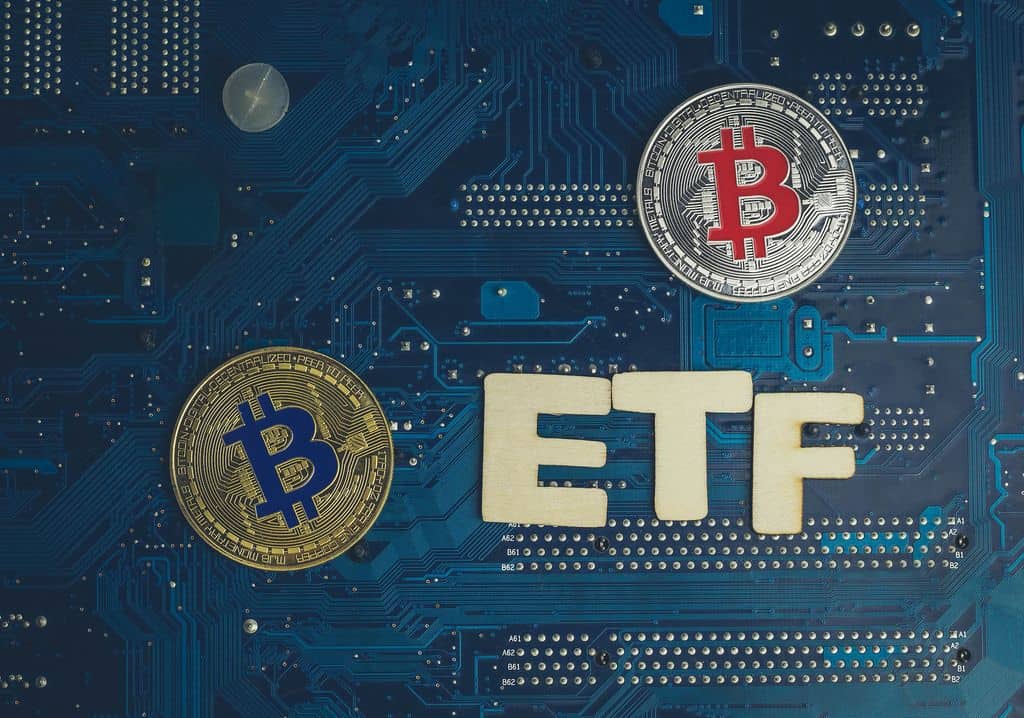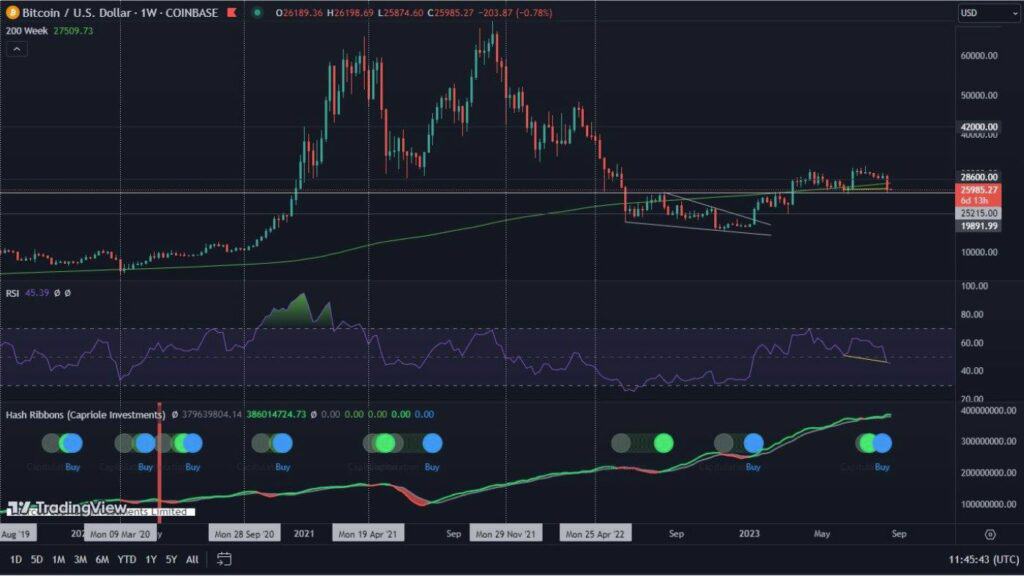The year 2020 was the time when Bitcoin (BTC) attracted institutional interest. It became a serious subject of discourse among investors. This gave rise to funds such as Grayscale, for example, which pushed Bitcoin into wide waters. The high volatility that accompanies the king of cryptocurrencies, along with its progressive adoption, is becoming a gluttonous morsel for a growing group of speculators. To cater to the growing market, a new era is opening up before Bitcoin. It is the era of the ETF.
What is an ETF?
ETFs (Exchange Traded Funds) are open-ended investment funds, listed on an exchange. They are designed to replicate a certain index by issuing exposure to it. For example, by buying an ETF on Bitcoin, we would not be buying Bitcoin itself, but merely a reflection of its value in the form of an exchange-traded index. This requires no knowledge of cryptocurrency exchanges, how they work, ownership of cryptocurrency wallets or the ability to operate them. By the way, it is an investment solution that seems to be very safe.
Existing Bitcoin ETFs
While the eyes of the whole world, in the context of launching an ETF on Bitcoin, were on the United States, the race was unexpectedly won by Switzerland. In late 2018, the Amun Crypto ETF platform was given the green light to launch a Bitcoin-based fund on the Six Swiss Exchange in Zurich. Shortly thereafter, a similar solution found its support among German regulators.
While in the United States, as of early 2021, the Securities and Exchange Commission (SEC) rejects applications to set up a similar ETF, Canada is adopting such a solution. The regulator there already approved two funds through which Bitcoin is listed on the Toronto Stock Exchange. What is more – both funds enjoy enormous popularity.
Situation in the United States
No one needs to be told that the United States, being the world’s leading economy and one of the drivers of cryptocurrencies, could play a significant role in the case of the introduction of ETFs. There are several funds applying for an SEC licence. VanEck, WisdomTree, NYDIG and Valkyrie Digital Assets are in the race. Unfortunately, the SEC has been successively rejecting applications for ETFs. The pressure, however, is significant. Popularisation of this type of solution in other countries is putting pressure on the American regulator, which, according to leaks, is getting closer to approving the new exchange-traded instrument. It is suspected that its introduction could provide a significant boost on the US trading floor to further increase the price of the king of cryptocurrencies. However, will this be the case?
The potential impact of an ETF on Bitcoin (BTC)
JP Morgan analysts suggest that the introduction of an ETF for Bitcoin in the US, in the short term, could even result in a weakening of the price of the king of cryptocurrencies. This could be due to Grayscale, whose clients, seeing the possibility of investing in cryptocurrencies at a lower cost than before, would want to invest their money through ETFs. This would result in a greater outflow of Bitcoin to cryptocurrency exchanges, and thus a decline in its value.
Fortunately, in the long term, most analysts agree that an ETF on one of the world’s leading exchanges is bullish and would drive even more interest in cryptocurrencies.
The clock is ticking and there are many indications that we will soon see the first Bitcoin ETF in the US. For now, we can speculate on its implications. It remains to be seen how it will affect cryptocurrency trading.


















